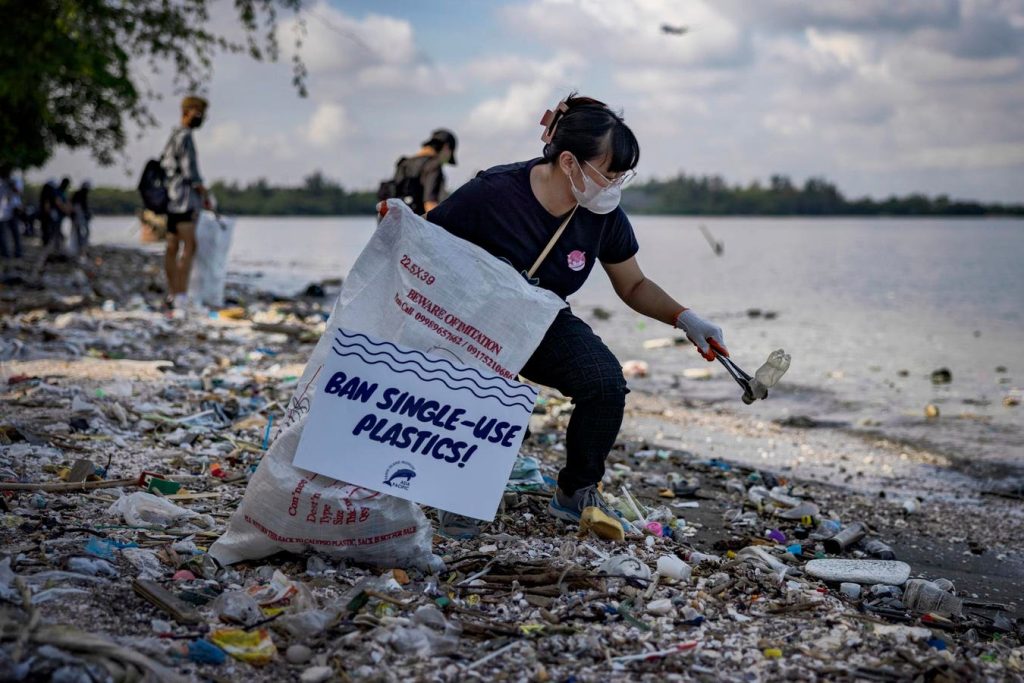The final round of negotiations to establish a global treaty to tackle plastic waste pollution has finished without an agreement in place.
The INC-5 final round of negotiations finished yesterday (1 December) in Busan, Republic of Korea.
The meeting was the last stage in a two-year process, after more than 170 nations in March 2022 backed a historic UN resolution to end plastic pollution,
Negotiations will resume next year at a venue to be confirmed.
Speaking at the session’s closing, Inger Andersen, executive director of the United Nations Environment Programme (UNEP), acknowledged progress had been made while admitting challenges remain.
“Negotiators have reached a greater degree of convergence on the structure and elements of the treaty text, as well as a better understanding of country positions and shared challenges,” she said.
“But it is clear there is persisting divergence in critical areas and more time is needed for these areas to be addressed.”
Eirik Lindebjerg, global plastics policy at the WWF, said it has now been over 1,000 days and five negotiation meetings since governments first agreed to establish the legally binding treaty to end plastic pollution in a statement.
Lindebjerg added since the negotiations started more than 800 million tonnes of plastic has been produced, over 30 million tonnes of which have leaked into our ocean.
He said a small minority of states have held the negotiation process hostage, who had “no intention of finding a meaningful solution to this crisis”.
“It is increasingly clear that the majority of states that are committed to securing a meaningful agreement with the necessary binding measures to end plastic pollution must be ready to vote or adopt a treaty-of-the-willing.
“If INC-5 has shown us anything it’s that we are not going to find the solution we desperately need through more of the same,” added Lindebjerg.
Christina Dixon, ocean campaign lead at the Environmental Investigation Agency said the negotiations were “captured” by plastic and petrochemical industries and their aligned countries in a statement.
But Dixon added campaigners have won the “hearts and minds” of the majority of the world and “will continue to fight in solidarity with those seeking real solutions to end the harms of plastic pollution”.
Before the negotiations started, more than 20 chief executives from some of the world’s largest companies called on governments to agree ‘global binding rules’ to address the issue of plastic pollution.
The 21 business leaders have signed an open letter organised by the Business Coalition for a Global Plastics Treaty.
After negotiations concluded, the Coalition said consensus among all nations remains elusive in a statement.
“There’s no time to waste: we cannot afford this process sliding into unending negotiations,” the statement added.
And the Ellen MacArthur Foundation’s executive lead on plastics and finance, Rob Opsomer said “the clock is now ticking for governments to make a decisive choice” at the next round of negotiations in a statement.
“We urge them to hold on to their ambition and agree to an impactful treaty that sets the global rules that business needs to unlock solutions at scale to end plastic pollution,” added Opsomer.
Read the full article here









